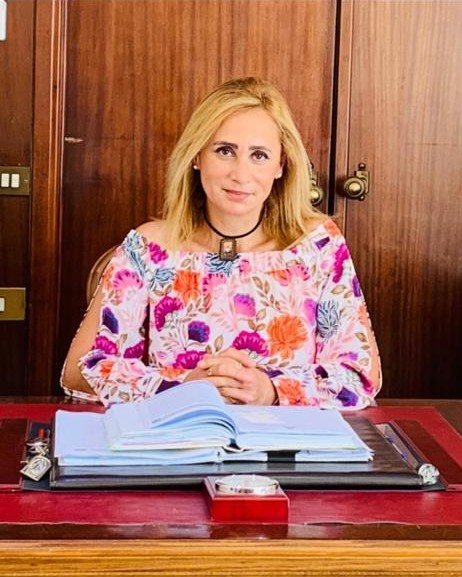
MUSIC IN POETRY
Music is the only language of coexistence and
tolerance as seen by many. It is the universal language of all human beings
since it is the language of the soul, same as poetry, and by and large the only
language understood and spoken by the whole world without the need of any
explanation or translation. Music refines the soul and touches the feelings. It
is the language of joys and sorrows, of healing and religious spirituality,
especially when it adopts supreme human causes such as the rejection of racial
discrimination, oppression and injustice. The role of poetry here is to promote
the values of love, peace, social justice, resistance to evil and victory of
good.
Music alone is an inclusive language. While poetry
is at the heart of the language, music is at the heart of the soul. Anyone who
senses music and understands its effects on the self does not need to master
another language to understand it. Around 200 years ago American poet and
educator, Henry Wadsworth Longfellow, stated that music is the universal
language of all humankind. Ever since, lots of anthropologists and evolutionary
biologists have been able to prove the validity of what Longfellow said. In the
most comprehensive study of its kind, researchers at Harvard University compiled
libraries and private music collections creating a comprehensive database of
songs for comparisons, or a suite of audio recordings of dance, healing, peace
and love songs from 315 cultures to find that different cultures share diverse
musical themes only to prove recurring patterns in music with common features
around the world.
In summary, “music is a universal language that
arises within us without us knowing.” Who among us has not heard this sentence
or thought about it when hearing music that does not belong to his heritage?
This sentence expresses the truth. While music shares behavioural functions
related to love, war, mourning, etc., poetry tends to have similar features.
Therefore, they both spread in similar ways around the world.
Post Views : 294